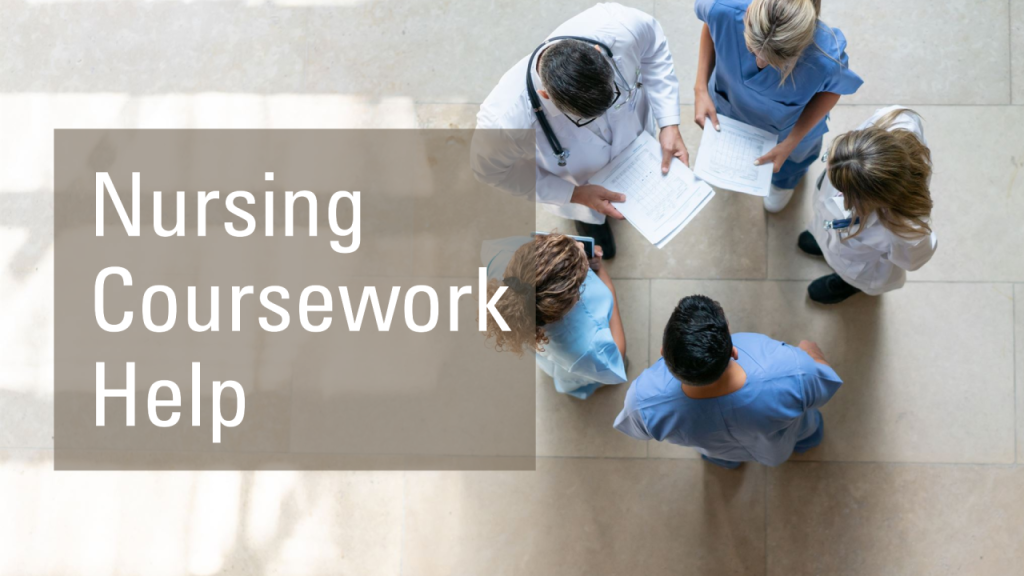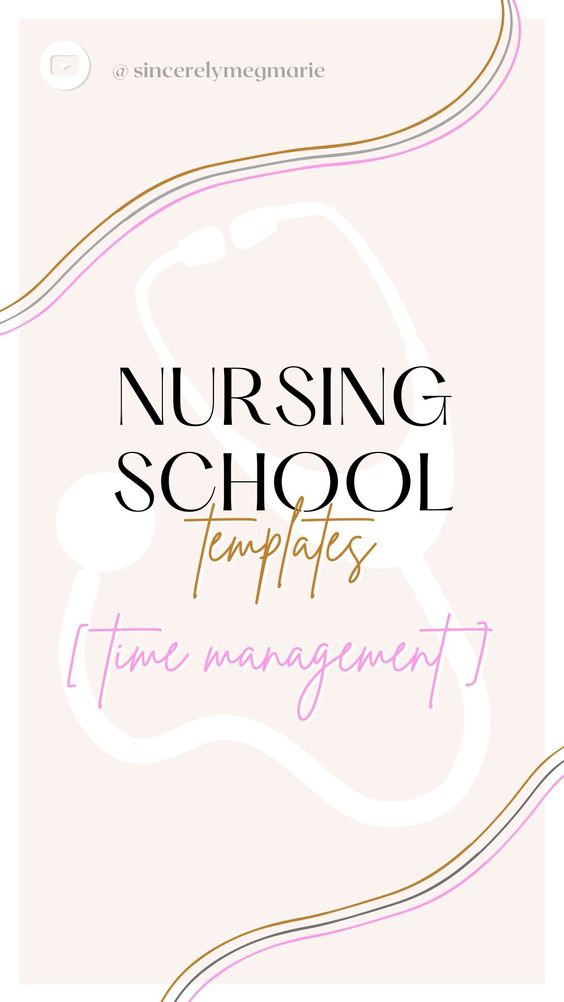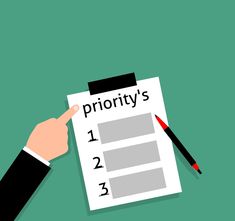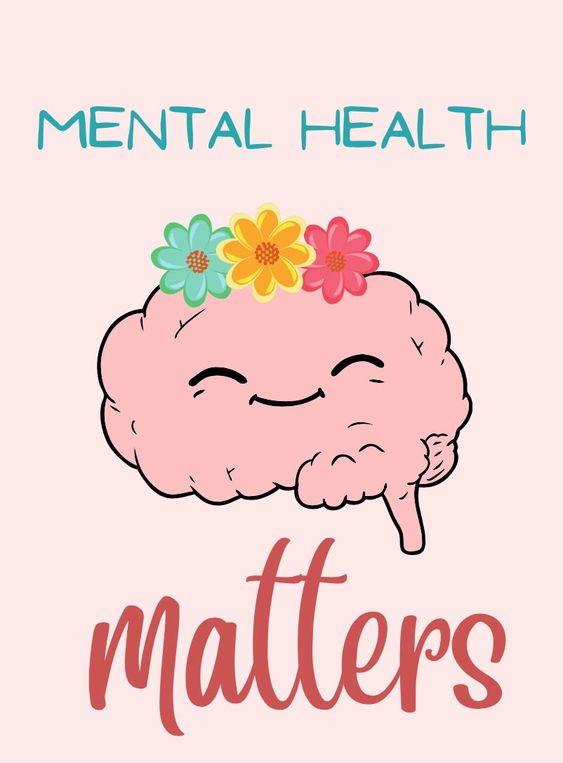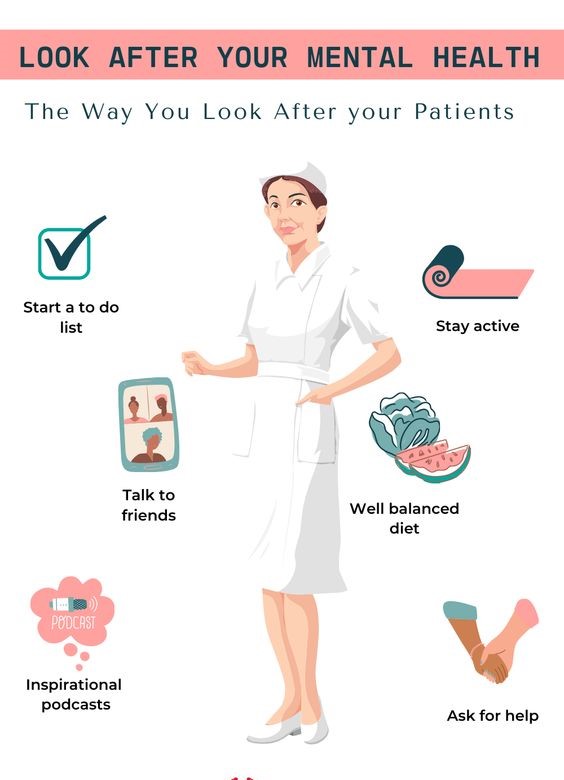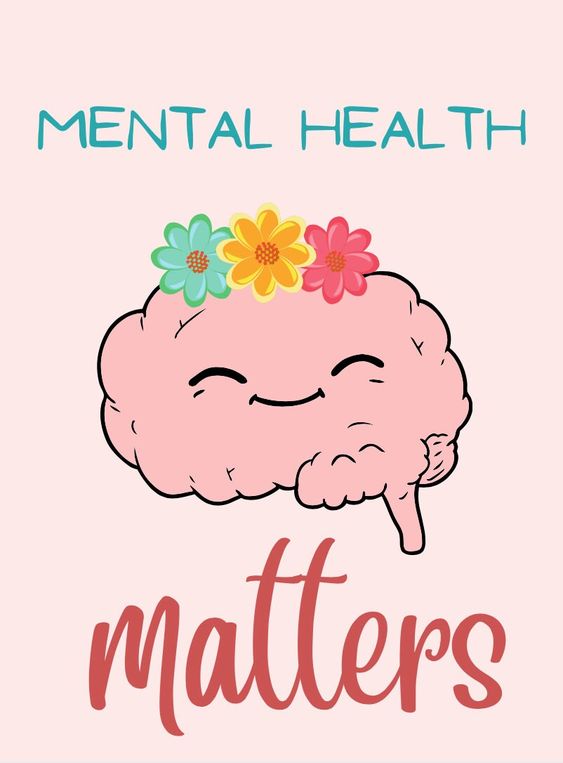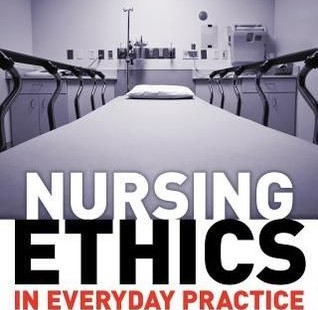
Table of Contents
Introduction
Preparing for NURSING EXAMS: The clock ticked down, each second echoing the mounting pressure in Sarah’s chest. Her Nursing Exam loomed, a formidable obstacle in her path to becoming a registered nurse. The weight of responsibility, the fear of failure, and the sheer volume of information to absorb were a potent cocktail of anxiety. This familiar scene, played out in countless nursing students’ lives, underscores the immense challenges associated with preparing for Nursing Exams.
These exams are not merely academic hurdles; they are critical milestones in the journey to becoming a competent and safe healthcare provider. Nursing Exams assess the knowledge, skills, and critical thinking abilities that underpin effective nursing practice. They serve as gatekeepers, ensuring that only those who demonstrate sufficient competency are entrusted with the delicate task of caring for patients.
However, the path to exam success is paved with challenges. The vastness of the nursing curriculum, the complexities of medical terminology, and the high stakes associated with these exams create a significant source of stress and anxiety for students. Navigating this challenging terrain requires a strategic approach that encompasses not just rote memorization but also the development of effective study techniques, stress management strategies, and time management skills. Preparing for Nursing Exams requires a multifaceted approach that leverages available resources and builds a solid foundation of knowledge, ensuring students are well-equipped to face these crucial assessments.
Mastering Study Techniques: A Foundation for NURSING EXAM Success

The key to conquering Nursing Exams lies not just in amassing information but in mastering effective study techniques that ensure knowledge retention and confident application. Two powerful strategies stand out: Active recall and spaced repetition.
A. Active Recall and Spaced Repetition:
1. The Power of Retrieval Practice: Instead of passively rereading notes, active recall techniques force the brain to actively retrieve information. Flashcards, self-quizzing, and practice questions engage the memory in a deeper way, strengthening neural connections and improving long-term retention.
2. Spaced Repetition for Long-Term Retention: This technique involves revisiting information at increasing intervals, gradually spacing out study sessions. This gradual spacing prevents forgetting and helps the brain solidify knowledge over time. The key is to revisit information just before it’s about to be forgotten, forcing the brain to work harder and strengthening the memory trace.
3. Recommended Tools and Techniques: Several tools and techniques can be used to implement active recall and spaced repetition. Anki, a popular flashcard app, utilizes spaced repetition algorithms to optimize study intervals. Quizlet offers flashcards, practice quizzes, and other interactive learning tools. Numerous spaced repetition apps are available for smartphones, allowing students to study on the go.
B. Creating a Comprehensive Study Plan:
1. Understanding the Exam Content and Structure: Before embarking on study, it’s crucial to understand the NURSING EXAM blueprint. Familiarize yourself with the topics covered, the format (multiple choice, simulation, etc.), and the number of questions. This knowledge allows you to allocate study time efficiently and focus on areas where you need to strengthen your knowledge.
2. Developing a Personalized Study Schedule: Create a realistic and achievable study plan that aligns with your learning style and available time. Allocate specific time slots for different subjects, incorporating breaks and self-care activities to prevent burnout.
3. Prioritizing Key Concepts and Challenging Areas: Identify the most critical concepts and areas where you struggle, and allocate more time to those topics. This targeted approach ensures that you have a strong foundation in essential knowledge while addressing your individual learning needs.
C. Effective Note-Taking and Information Processing:
1. Active Listening and Note-Taking Techniques: Engage actively during lectures and readings, summarizing key points in your own words, using diagrams and visuals to illustrate complex concepts, and incorporating personal insights to deepen understanding.
2. Concept Mapping and Mind Maps: These visual tools help organize and visualize complex information, making it easier to understand relationships between concepts and facilitating recall. Concept maps use nodes and lines to depict relationships, while mind maps use a central idea with branching ideas and keywords.
3. Regular Review and Consolidation: Regularly reviewing notes, summarizing key points, and identifying gaps in knowledge is crucial for consolidating learning. This active review process strengthens memory, reinforces understanding, and prepares you for effective application of knowledge during the Nursing Exams
D. Practice, Practice, Practice:
1. Past Exams and Mock Tests: Practicing with past exams and mock tests simulates the real exam environment, familiarizes you with the format and question styles, and helps identify areas where you need to improve.
2. Online Resources and Practice Questions: Numerous online resources and practice questions are available from reputable sources like NCLEX-RN practice tests and specialized study guides. These resources provide valuable insights into exam content, question types, and the time pressure you’ll face.
3. Analyzing Performance: After completing practice exams and mock tests, analyze your performance. Identify areas where you struggled, review those topics, and focus on solidifying your understanding. This iterative process of practice and review will help refine your knowledge and build confidence for the actual Nursing Exams.
By implementing these effective study techniques, you can build a strong foundation of knowledge, manage your time efficiently, and reduce stress while preparing for your NURSING EXAMS. Remember, the journey to success requires dedication, perseverance, and a strategic approach to learning.
Stress Management Strategies for NURSING EXAMS: Navigating the Emotional Rollercoaster
Preparing for nursing exams can be a stressful experience, even for the most dedicated and capable students. The sheer volume of information, the high stakes associated with passing, and the fear of failure can create a significant emotional toll. Recognizing and managing this stress is crucial for maintaining mental well-being and achieving exam success.
A. Understanding Exam-Related Stress:
1. Physiological and Psychological Impacts: Exam stress manifests in various ways, both physically and emotionally. Anxiety can lead to rapid heartbeat, shortness of breath, muscle tension, and difficulty sleeping. Psychologically, it can manifest as negative thoughts, self-doubt, and difficulty concentrating, impacting focus and study effectiveness.
2. Recognizing Triggers and Patterns: Identifying the specific triggers and patterns of stress associated with Nursing Exams is crucial for developing targeted coping mechanisms. Is it the pressure of deadlines, the fear of failure, or the overwhelming amount of material? Understanding these triggers helps you anticipate and address them before they spiral into overwhelming stress.
B. Effective Stress Management Techniques:
1. The Power of Mindfulness and Deep Breathing Exercises: Mindfulness techniques, such as meditation and deep breathing exercises, are powerful tools for managing stress and calming the nervous system. By focusing on the present moment and observing thoughts without judgment, mindfulness reduces anxiety and promotes a sense of peace. Deep breathing exercises help regulate the nervous system, slowing the heart rate and reducing muscle tension.
2. Physical Activity and Relaxation Techniques: Regular exercise has been proven to reduce stress levels and improve mood. Engaging in activities like walking, jogging, or swimming releases endorphins, which have mood-boosting effects. Relaxation techniques like yoga, stretching, and massage can also help ease muscle tension and promote a sense of calmness.
3. Positive Self-Talk and Visualization: Positive self-talk involves replacing negative thoughts with encouraging and supportive affirmations. This can help shift your mindset from self-doubt to confidence. Visualization involves picturing yourself successfully completing the nursing exams, calming anxieties and building confidence. These techniques help create a more positive and empowering inner dialogue, improving your mental state and reducing the impact of stress.
C. Seeking Support and Building a Strong Network:
1. Connecting with Peers: Sharing your experiences, study strategies, and anxieties with fellow nursing students can create a sense of camaraderie and mutual support. Knowing that you’re not alone in facing these challenges can reduce feelings of isolation and provide a valuable source of motivation.
2. Guidance from Professors and Mentors: Don’t hesitate to seek guidance and advice from your professors and mentors. They have years of experience navigating the academic world and preparing students for nursing exams. Their insights, encouragement, and advice can be invaluable during stressful periods.
3. Utilizing University Support Services: Universities and colleges offer a range of support services designed to help students manage stress and succeed academically. Academic advising can help you create study plans and address any challenges you may be facing. Counseling services provide professional support and guidance for stress management, anxiety, and other mental health concerns. Stress management workshops offer practical techniques and strategies for coping with exam-related stress.
Time Management Skills for NURSING EXAMS: Mastering the Clock

Mastering study techniques and managing stress are essential for NURSING EXAM success, but without effective time management, even the best intentions can fall short. Time is a precious resource, and its efficient utilization is crucial for achieving a balance between comprehensive preparation and avoiding last-minute cramming.
A. Understanding Time Constraints:
1. The Importance of Time Management: nursing exams often cover vast amounts of information, making effective time management crucial. A well-structured study plan ensures that you have sufficient time to cover all the critical concepts, practice your skills, and build confidence. It helps prevent the overwhelming feeling of being unprepared and the dreaded last-minute panic that can negatively impact performance.
2. Exam Time Limits and Pacing: nursing exams often have strict time limits for each section, making effective pacing a critical skill. Understanding the time allocated to each question or section helps you develop strategies for allocating your time wisely. Avoid getting bogged down on challenging questions, move on, and return to them later if time permits. Practice with mock exams and time yourself to develop a sense of pacing and time management.
B. Developing Time Management Strategies:
1. Prioritizing and Allocating Time: Prioritize the most critical concepts and areas that require more attention, allocating sufficient time for study, review, and practice. Create a detailed schedule that outlines specific time blocks for each subject or topic, ensuring a balanced approach to your preparation.
2. Time-Blocking Techniques: Time-blocking involves dedicating specific time slots for various tasks, minimizing distractions, and maximizing productivity. For example, set aside two hours each day for studying a particular subject, one hour for practicing clinical skills, and another hour for reviewing notes. This structured approach helps maintain focus and prevents time slipping away without accomplishing specific tasks.
3. Creating a Productive Study Environment: Choose a dedicated study space that is free from distractions. Ensure good lighting, a comfortable chair, and access to necessary study materials. Minimize distractions like noise, television, or social media notifications. A quiet and organized environment will enhance focus and promote concentration, maximizing the effectiveness of your study sessions.
C. Avoiding Procrastination and Staying Motivated:
1. Recognizing Procrastination Triggers: Procrastination often stems from fear, overwhelm, or lack of motivation. Identify your procrastination triggers, such as avoiding challenging topics or seeking distractions. By understanding these patterns, you can develop strategies to overcome them.
2. Setting Realistic Goals and Celebrating Successes: Break down large tasks into smaller, manageable chunks. Set realistic goals for each study session and celebrate your achievements along the way. This approach fosters a sense of accomplishment, keeps you motivated, and prevents the feeling of being overwhelmed.
3. Utilizing Rewards: Reward yourself for achieving study goals, whether it’s a short break, a favorite snack, or a fun activity. Positive reinforcement helps strengthen positive study habits and motivates you to stay on track.
Resources Available for NURSING EXAM Preparation: A Toolkit for Success
The path to success on NURSING EXAMS is paved with a wealth of resources, offering support, guidance, and tools to help you navigate the challenges of preparation. Here’s a breakdown of some of the most valuable resources available:
A. Online Resources and Study Guides:
1. Reputable Online Platforms and Study Guides: The digital landscape offers a treasure trove of resources designed for nursing exams preparation. Reputable online platforms like NCLEX-RN.com, Kaplan Nursing, and UWorld offer comprehensive study guides, practice tests, and digital learning resources. These platforms provide a vast library of information, practice questions, and interactive learning modules, covering all aspects of the nursing exams content.
2. Free and Paid Study Materials: A wide range of free and paid study materials are available, catering to different budgets and preferences. Free resources include open-source textbooks, online study guides, and practice questions from organizations like the National Council of State Boards of Nursing (NCSBN). Paid resources might include specialized study guides, online courses, and personalized tutoring services. Utilizing a combination of free and paid resources can help maximize your preparation while staying within your budget.
3. Evaluating Resource Quality: It’s crucial to critically evaluate the quality and reliability of online resources. Look for materials from reputable sources, such as professional organizations, universities, and accredited educational providers. Consider the source’s expertise, the currency of the information, and the presence of evidence-based research and peer-reviewed materials. Be wary of unreliable sources or those that promote unsubstantiated claims.
B. Professional Organizations and Associations:
1. National and State Nursing Organizations: Organizations like the American Nurses Association (ANA) and state-level nursing associations offer a wealth of resources for nurses. They provide study guides, exam preparation materials, and professional development opportunities tailored to various specialties and career paths. These organizations also offer guidance on ethical practices, legal issues, and professional standards, providing essential support for your nursing career.
2. Student Nursing Organizations: Connecting with your student nursing organization can be incredibly beneficial. These organizations offer networking opportunities, study groups, exam preparation workshops, and a sense of community. Sharing experiences, study tips, and resources with fellow students can alleviate stress and provide invaluable support.
C. University and College Support Services:
1. Academic Advising and Tutoring Services: Universities and colleges offer a range of support services designed to help students succeed. Academic advising provides guidance on course selection, study planning, and addressing academic challenges. Tutoring services offer personalized support with challenging subjects, providing clarification and additional practice. Writing centers provide assistance with essays, research papers, and other written assignments, ensuring you can effectively communicate your knowledge.
2. Counseling and Mental Health Services: Don’t hesitate to reach out to university or college counseling services. These services provide support for exam-related stress, anxiety, and other mental health concerns, helping you develop coping strategies and manage the emotional toll of preparation.
D. Mentors and Experienced Nurses:
1. Seeking Guidance: Connecting with experienced nurses for guidance and advice can be invaluable. Leverage their practical knowledge, real-world experience, and insights into the profession. Seek out mentorship programs or networking opportunities that connect you with experienced professionals who can provide valuable insights and support.
2. Mentorship Programs and Networking: Many nursing organizations and universities offer mentorship programs that pair students with experienced nurses. These programs provide guidance, support, and practical advice throughout your educational journey. Networking with experienced nurses through professional organizations, conferences, or online platforms can open doors to valuable mentorship opportunities.
Conclusion: Embracing Success in the Face of NURSING EXAMS
The journey toward conquering nursing exams is not a solitary one. It requires a multifaceted approach that embraces effective study techniques, robust stress management strategies, honed time management skills, and the utilization of a wealth of available resources. These elements work in synergy, creating a foundation for confident preparation and a sense of readiness to face the challenges ahead.
Mastering study techniques like active recall and spaced repetition ensures that knowledge is not merely memorized but deeply ingrained, allowing for confident application during the Nursing exams. These techniques transform passive learning into an active engagement with the material, promoting a deeper understanding and a more resilient memory.
Stress, a constant companion during the exam preparation process, can be effectively managed through mindfulness practices, physical activity, and positive self-talk. These strategies help reduce anxiety, enhance focus, and create a more positive and resilient mental state, enabling students to approach the nursing exams with greater composure and confidence.
Time, a precious commodity during this demanding period, must be managed wisely. Creating a structured study plan, prioritizing tasks, and utilizing time-blocking techniques ensure that every minute is utilized effectively. By avoiding procrastination and staying motivated through realistic goal-setting and rewards, students can maximize their productivity and build a sense of accomplishment.
The resources available for nursing exams preparation are vast and diverse, offering support, guidance, and tools tailored to individual needs. Online platforms, study guides, professional organizations, university support services, and experienced mentors provide a network of knowledge, resources, and encouragement. Leveraging these resources empowers students to overcome challenges, gain insights, and build a strong foundation for success.
The transformative power of knowledge, embodied in the journey of preparing for nursing exams, is not merely about passing an assessment. It is about acquiring the knowledge, skills, and critical thinking abilities that form the bedrock of safe and effective patient care. These exams, while challenging, serve as milestones in the development of competent and compassionate nurses who are equipped to make a real difference in the lives of their patients.
Embracing a multifaceted approach to nursing exams preparation, prioritizing self-care, and embracing the journey of learning empowers students to achieve success, contributing to a future where skilled and knowledgeable nurses deliver the highest quality of care. The journey towards nursing exams success is not just about passing an assessment; it is about becoming a skilled, compassionate, and confident nurse, ready to make a positive impact on the lives of patients and the healthcare community.
As you embark on your journey to conquer Nursing exams, remember to utilize a vital resource: Nursingpapers. These scholarly publications offer a wealth of evidence-based information, research findings, and expert insights. Incorporate Nursingpapers into your study routine, reviewing them for class discussions, completing assignments, preparing for exams, and gaining a deeper understanding of the profession. Nursingpapers will not only enhance your knowledge but also showcase your commitment to evidence-based practice and your dedication to becoming a well-informed and capable nurse.










